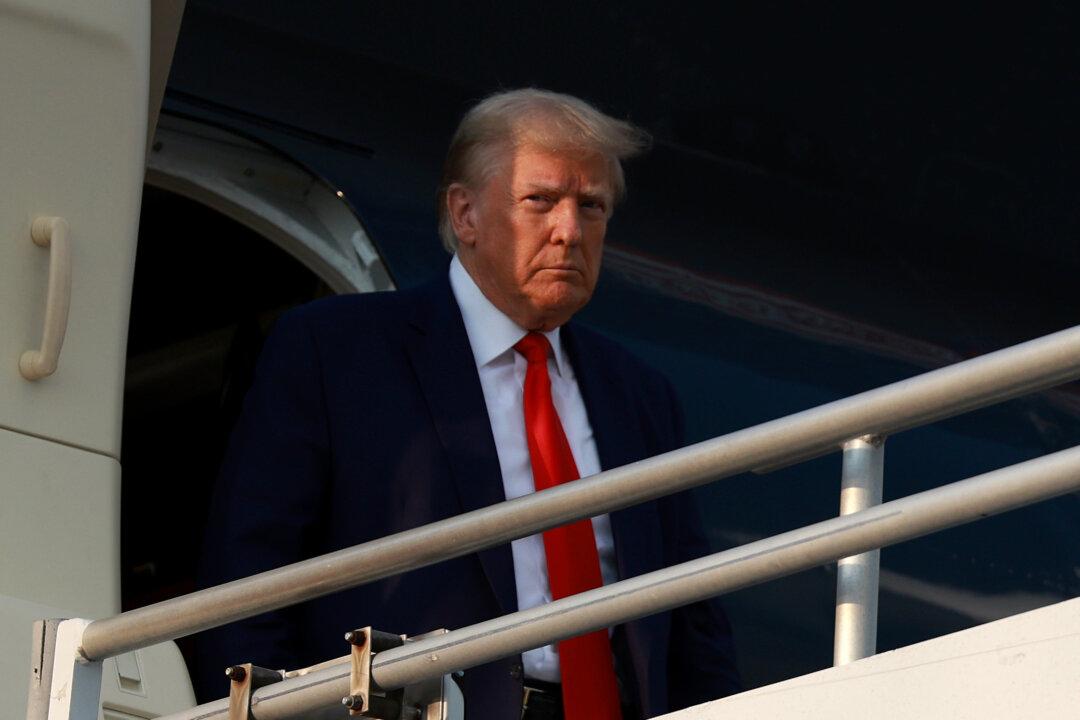Kenneth Chesebro, who served as an attorney for the Trump Campaign during the then-president’s challenge of the 2020 elections, is arguing that the Fulton County District Attorney’s office is violating attorney-client privilege in its pursuit of a case against him, former President Donald Trump, and 17 other defendants.
In Thursday filings, Mr. Chesebro moved to quash the charges against him in Fulton County, arguing that they were based on emails covered by attorney-client privilege, and have any such illegally obtained evidence thrown out.





